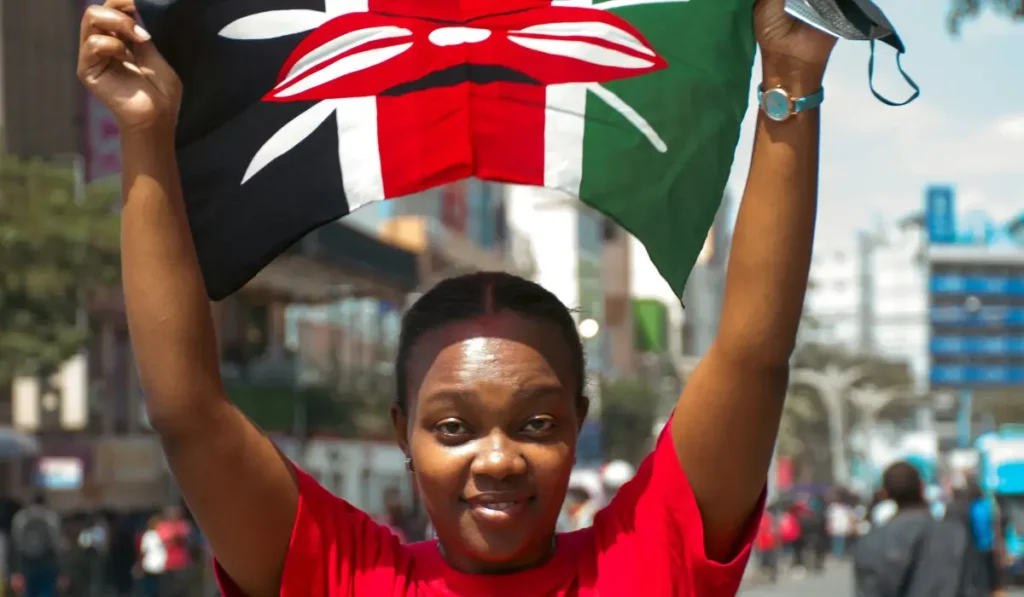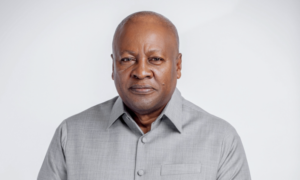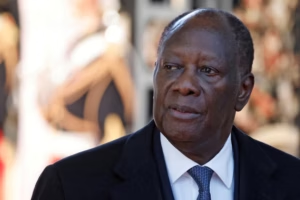
The recent youth-led demonstrations in Kenya are set to inspire similar movements across the continent, as young individuals in several countries, including Nigeria, Malawi, and Uganda, have begun to schedule their own protests against their respective governments.
The Gen Z-led protests in Kenya, which led to significant outcomes such as the retraction of the Finance Bill 2024, the elimination of unnecessary state offices and positions, the dismissal of the cabinet, President Ruto’s engagement with Gen Z on Twitter (now known as X), and the resignation of the police chief, are encouraging young people in various African nations to plan similar demonstrations.
Jeffrey Smith, the co-founder of The Resistance Bureau, a platform where emerging leaders share narratives of defiance, resilience, and foster unity, remarked, “The brave stance of young Kenyans, who confront riot police and live ammunition to claim their rights, will undoubtedly create a ripple effect beyond Kenya’s borders.”
He further observed, “We are witnessing a new generation of youth who are more connected, sophisticated, and arguably more worldly and informed than their predecessors.”
Was there a national shutdown in Malawi?
In Malawi, a ‘national shutdown demonstration’ organized by young people was initially set for July 10th but was postponed at the last minute to an unannounced future date due to nationwide school exams.
Edward Kambanje, a human rights activist and one of the protest’s organizers, lists unnecessary taxes, high fuel prices, poor governance, and government heavy-handedness as triggers for the demonstration.
“Our goal is to establish a sustained movement that authorities can no longer overlook,” he stated. “We will take to the streets and stay there until our demands are met,” he added.
What of Uganda’s march to parliament
In Uganda, young people are set to march to parliament on July 23 to protest against alleged corruption within the legislature and government. Mukungu Patrick, a certified accountant, cites youth unemployment, economic difficulties, corruption, and unfulfilled government promises as key motivators for the demonstration.
Ugandan youth have been inspired by their Kenyan counterparts, according to an activist known as Wounded Ugandan. “The actions of Kenya’s Gen Z have roused the youth across the East African region and the entire continent,” she states.
George V. Otieno, another Ugandan activist, reflects on the price of freedom, acknowledging the sacrifices of previous generations and emphasizing the current generation’s role in continuing the fight for rights and securing a free future.
Despite Uganda’s dictatorial regime and President Yoweri Museveni’s reputation for suppressing dissent, the protesters recognize that their efforts may not lead to immediate policy changes, unlike in Kenya.
Aloikin Praise Opoloje, an organizer, remains determined, stating, “The system may be corrupt, but we can’t tackle it all at once; however, we can begin by addressing the most pressing issues.”
Zimbabwe plans
In Zimbabwe, where youths are reportedly organizing a protest, the government under President Emmerson Mnangagwa is known for its intolerance of dissent and its history of suppressing peaceful protests.
“Even though Mnangagwa’s administration has shown itself to be unresponsive to the grievances of the Zimbabwean populace, preferring to deploy the military against its citizens rather than engage with them, it is possible for even the most obstinate governments to be compelled to make concessions. This can be achieved through sustained, organized, and disciplined nonviolent action, as demonstrated by the youth in Kenya and other movements globally,” stated Doug Coltart, a seasoned Zimbabwean human rights lawyer, in an interview.
Any impact on West Africa?
West Africa is closely monitoring the Gen Z protests in Kenya and the anticipated ones in East Africa. Ghana and Nigeria are considered the most susceptible to youth-led anti-government demonstrations within the sub-region, as stated by political analyst Ovigwe Eguegu.
“Fiscal management issues, corruption, inflation, currency devaluation, and unemployment are common challenges in Ghana and Nigeria,” he notes, suggesting these are the catalysts for the youth’s dissatisfaction leading to protests.
Nigerian youth have been circulating banners on social media for a “nationwide protest to defend Nigeria” planned for August. They are protesting against purported economic mismanagement, corruption, and the soaring cost of living in Africa’s most populous country.
In Ghana, while there is no confirmation of a planned protest, a prominent lawmaker has warned his peers in parliament against “enacting poor legislation” after witnessing the Kenyan public assault parliamentarians for passing unfavorable laws. “Mr. Speaker, guide us in enacting beneficial laws to prevent public backlash. We ought to be concerned,” stated Kwame Governs Agbodza, the minority chief whip, during a session in Accra.
On July 9th in The Gambia, a significant number of protesters, predominantly youths, marched to the parliament in an unusual demonstration, demanding the retraction of bills aimed at increasing the salaries of judicial officers and MPs amidst escalating economic difficulties in the small nation.
Although the protest, which was organized via social media, concluded without incident, there is apprehension about the possibility of tumultuous demonstrations if parliament approves the Judicial Officers Bill and the National Assembly Salaries and Pensions Bill.
According to Smith from The Resistance Bureau, it is imperative for government leaders to engage with their young citizens and address their legitimate grievances to avert the potential for future unrest and the kind of casualties witnessed in Kenya.



